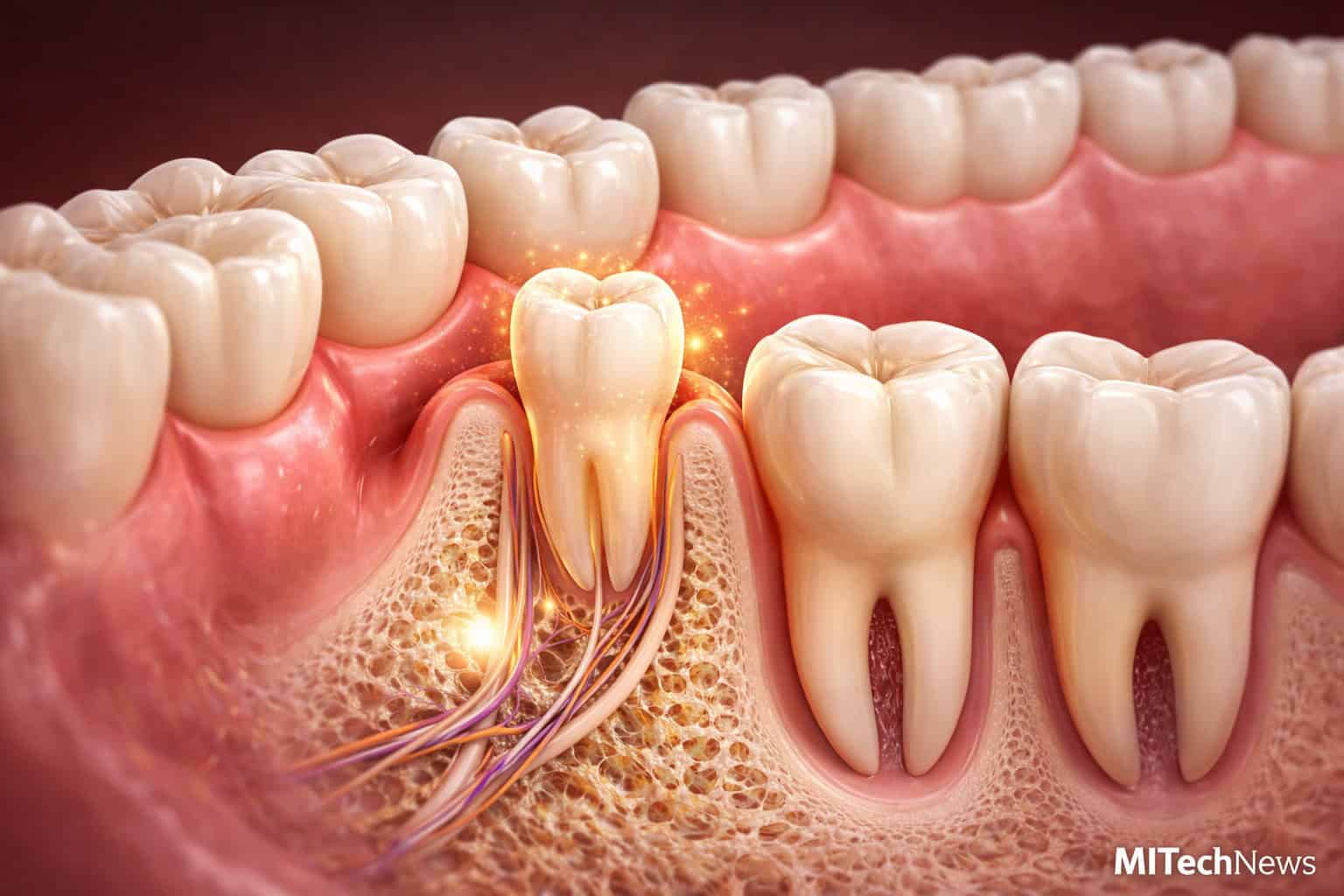ST. LOUIS – There’s still so much we don’t know about Alzheimer’s disease, but the link between poor sleep and worsening disease is one that researchers are exploring aggressively.
In a study, scientists found that using sleeping pills to get some shut-eye could reduce the build-up of toxic clumps of proteins in fluid that washes the brain clean every night.
While sleeping pills may help in that regard, “it would be premature for people who are worried about developing Alzheimer’s to interpret it as a reason to start taking suvorexant every night,” said neurologist Brendan Lucey, of Washington University’s Sleep Medicine Center, who led the research.
The study spanned just two nights and involved 38 middle-aged participants who showed no signs of cognitive impairment and had no sleep issues.
Using sleeping pills for prolonged periods is not an ideal solution for those short on sleep either, as it’s quite easy to become dependent on them.
Sleeping pills may also lull people into shallower bouts of sleep rather than deep sleep phases. This could be problematic as earlier research from Lucey and colleagues found a link between less good quality, slow-wave sleep and elevated levels of tau tangles and amyloid-beta protein.
In their latest study, Lucey and colleagues wanted to see if improving sleep with the aid of sleeping pills could lower levels of tau and amyloid-beta in the cerebrospinal fluid that bathes the brain and spinal cord. Past research shows that even just one night of disrupted sleep can send amyloid-beta levels rising.
Read more at Science Alert







